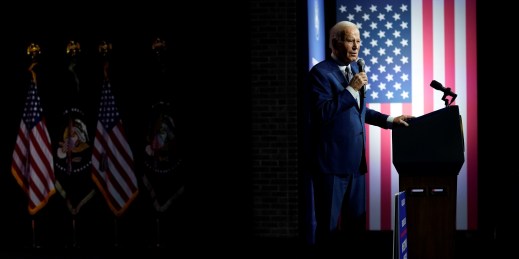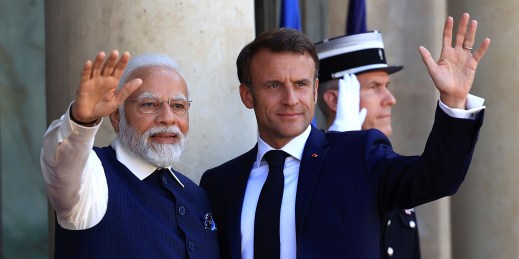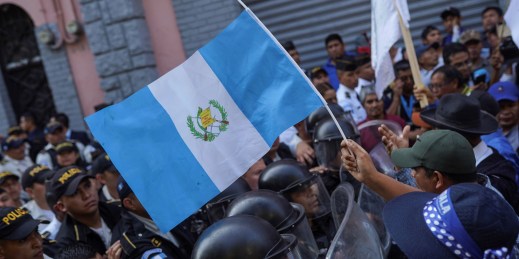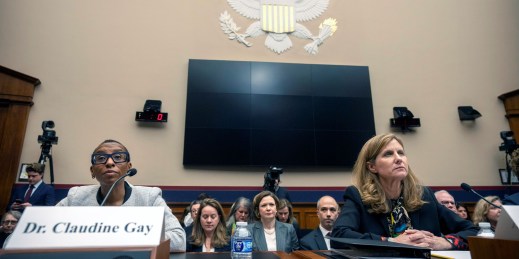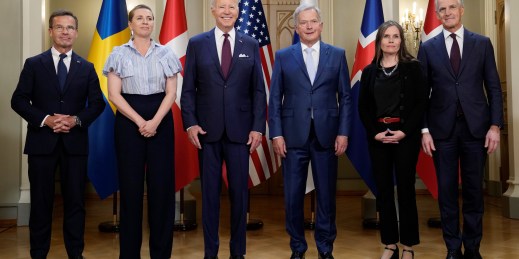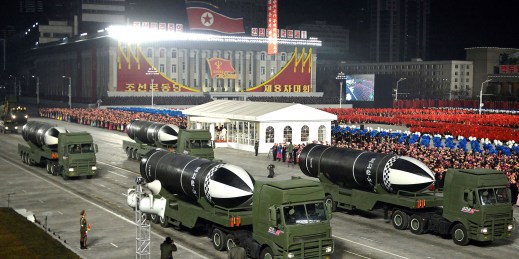
Though North Korea’s nuclearization efforts have faded from the headlines, the country has continued to improve its capabilities and can now plausibly reach any location in the continental United States with a nuclear weapon. In the absence of a deal to curb its nuclear and missile programs, North Korea’s arsenal will only grow more lethal.

